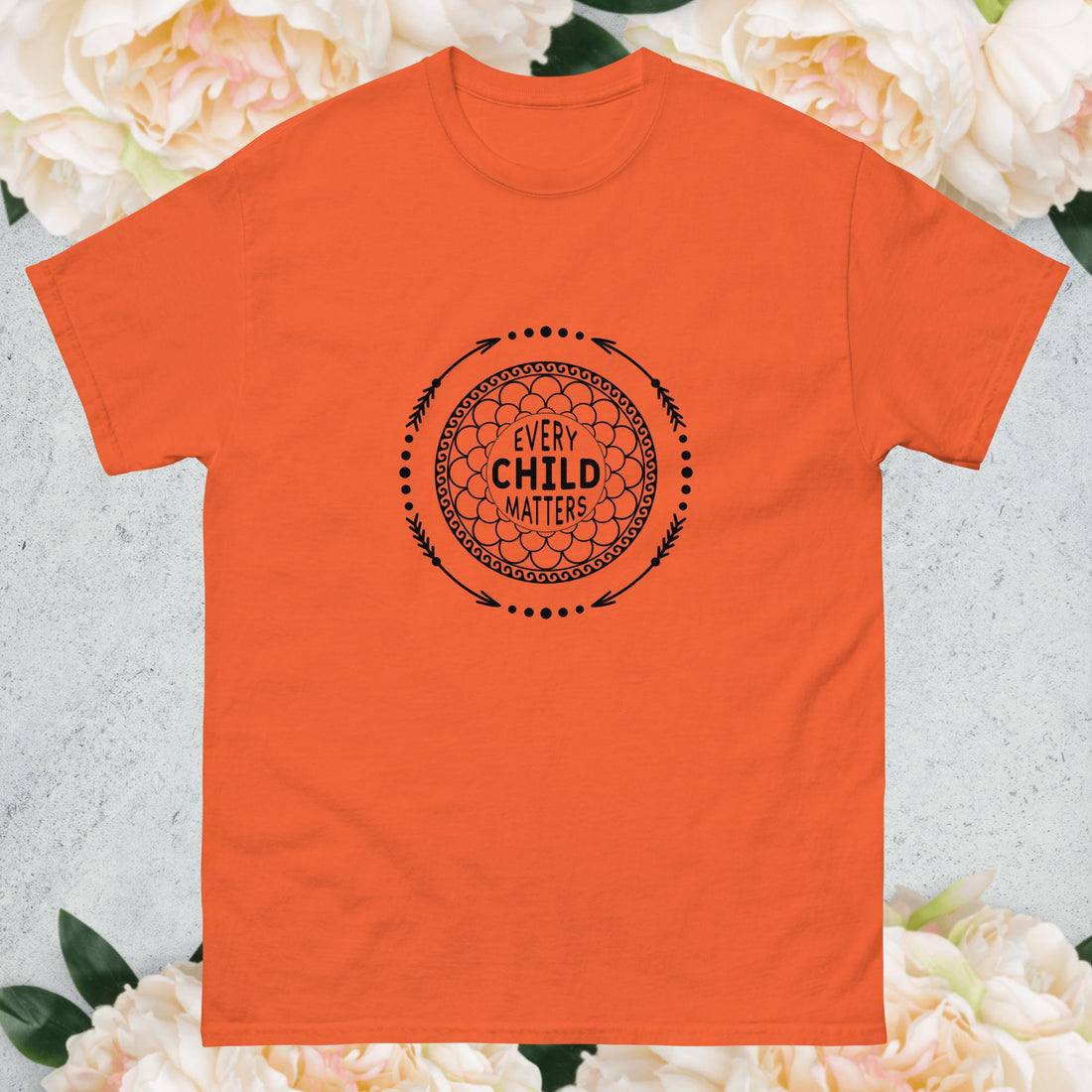In the tapestry of human history, certain days stand as powerful reminders of the resilience, strength, and unity of marginalized communities. One such day is Orange Shirt Day, a poignant and meaningful event that sheds light on the experiences of Indigenous peoples and the lasting impact of the residential school system. This annual observance, marked by the donning of orange shirts, serves as a platform for education, healing, and reconciliation. In this blog post, we delve into the history and significance of Orange Shirt Day and explore why it is an essential occasion for Canadians and individuals around the world to remember, reflect, and come together.
The Origin of Orange Shirt Day
The genesis of Orange Shirt Day traces back to the heartbreaking experiences of Phyllis Webstad, a survivor of the Canadian residential school system. In 1973, when she was just six years old, Phyllis had her cherished orange shirt taken away from her on her first day at the St. Joseph Mission Residential School in British Columbia. This traumatic event left an indelible mark on her, symbolizing the loss of identity, culture, and self-esteem that countless Indigenous children endured in these institutions.
The idea of honoring survivors like Phyllis, and raising awareness about the intergenerational impacts of residential schools, gained momentum. In 2013, a group of Indigenous leaders and educators in Williams Lake, British Columbia, launched the inaugural Orange Shirt Day on September 30th. The date was chosen because it often marked the time of year when Indigenous children were taken from their families and sent to residential schools.
The Significance of Orange Shirts
The choice of orange shirts as a symbol holds a deep significance. Orange serves as a reminder of the resilience and strength of survivors and their communities. The simple act of wearing an orange shirt demonstrates solidarity with those who suffered and sends a powerful message that the wounds of the past will not be forgotten. Furthermore, the colour orange also signifies hope, healing, and the opportunity for a brighter future rooted in understanding and reconciliation.
Get yourself something for Orange Shirt Day here.
Looking Ahead
As Orange Shirt Day continues to gain traction and recognition, its impact reaches beyond Canadian borders. The resonance of this observance extends to global discussions about indigenous rights, historical injustices, and the importance of acknowledging past wrongs in order to pave the way for a more equitable future. The lessons learned from Orange Shirt Day serve as a call to action, prompting us to work toward dismantling systemic barriers and creating spaces where Indigenous voices are amplified and respected.
Conclusion:
Orange Shirt Day is a solemn reminder that while we cannot change the past, we have the power to shape the future through education, empathy, and unity. By donning an orange shirt on September 30th and participating in the meaningful conversations that surround this day, we honour the resilience of survivors, acknowledge the history of the residential school system, and commit ourselves to building a world rooted in understanding, healing, and reconciliation. In commemorating Orange Shirt Day, we stand united in the pursuit of a better, more inclusive tomorrow for all.




